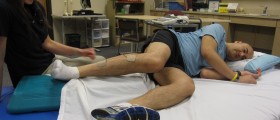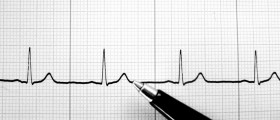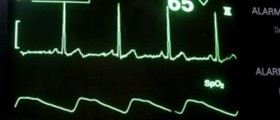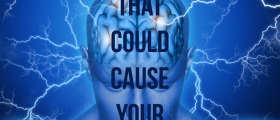Overview
An electroencephalogram (EEG) is a special investigation used to evaluate the electrical activity in the brain. This test can help detect any potential problems associated with electrical impulses that brain cells use to communicate with.
An EEG will demonstrate and record brain wave patterns through electrodes that are attached to the scalp of the individual receiving the investigation. The electrical impulses in the brain are analyzed by the electrodes and signals are sent to a computer where the results are recorded.
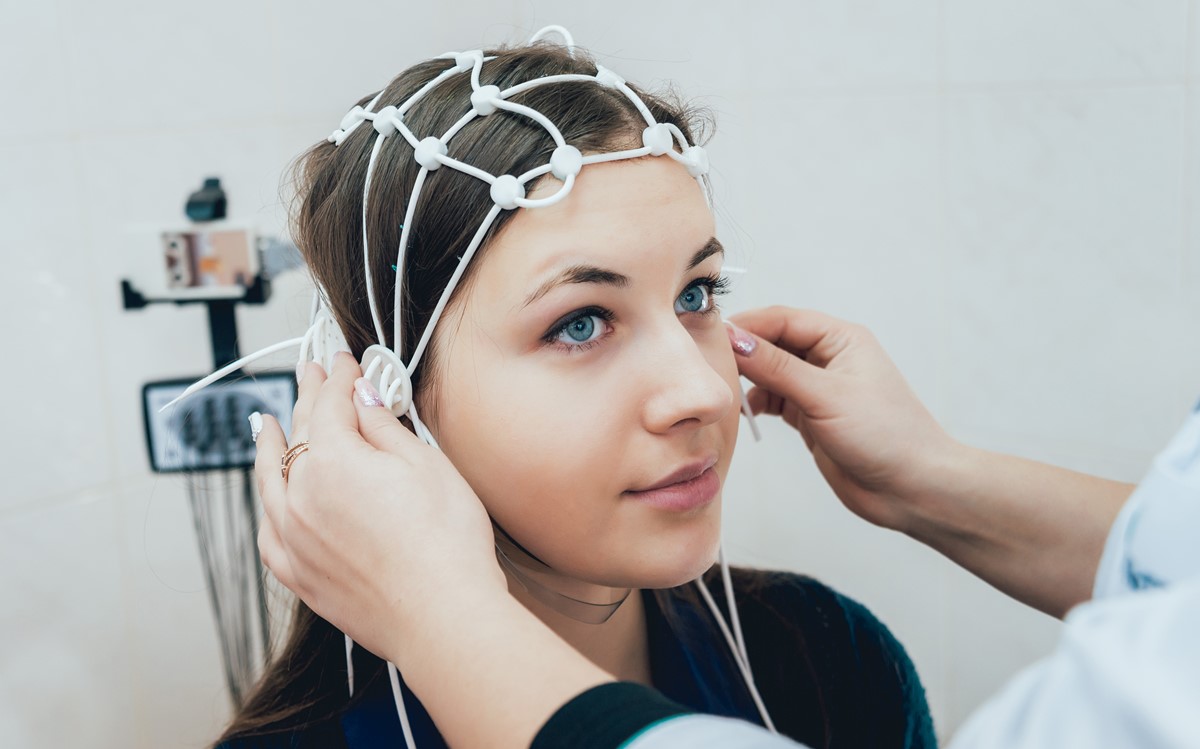
Conditions detected by EEG
Certain brain disorders can cause specific disruptions in the electrical activity of the organ and an EEG is then used to pick up any abnormalities. The disorders that can be diagnosed or ruled out include the following:
- Head injuries
- Epilepsy
- Brain tumours
- Inflammation of the brain called encephalitis
- Memory-related problems
- Stroke
- Sleep disorders
- Dementia
- Encephalopathy, which is a condition that causes brain dysfunction
An EEG is also performed on patients who are in a coma in order to determine the level of brain activity in these individuals. It can also be used to monitor the brain's activity during surgery performed on the organ.
Risks associated with EEGs
If an EEG does not demonstrate any abnormalities but the individual being investigated has a history of convulsions, then external stimuli such as flashing lights or rapid breathing are incorporated to help induce abnormal electrical impulses in the brain.
During the investigation, a very small amount of electricity passes between the metallic areas of the electrodes on the scalp and the skin so, as a worst case scenario, very little discomfort may be experienced by the patient due to this. Having the electrodes placed on the scalp may also cause some slight discomfort but they don't produce any uncomfortable sensations.
In some cases, a 24-hour EEG may be performed on patients to try and pick up any possible abnormal electrical impulses in the brain. Even in these cases, there is very little discomfort experienced by the individual.
Some patients having an EEG performed on them may also need to have less sleep the night before the investigation in order to assess the effect of sleep deprivation on the brain. Therefore, patients may feel sleepy or groggy after the test is completed.
- www.ncbi.nlm.nih.gov/pmc/articles/PMC2778361/
- Photo courtesy of SteadyHealth




